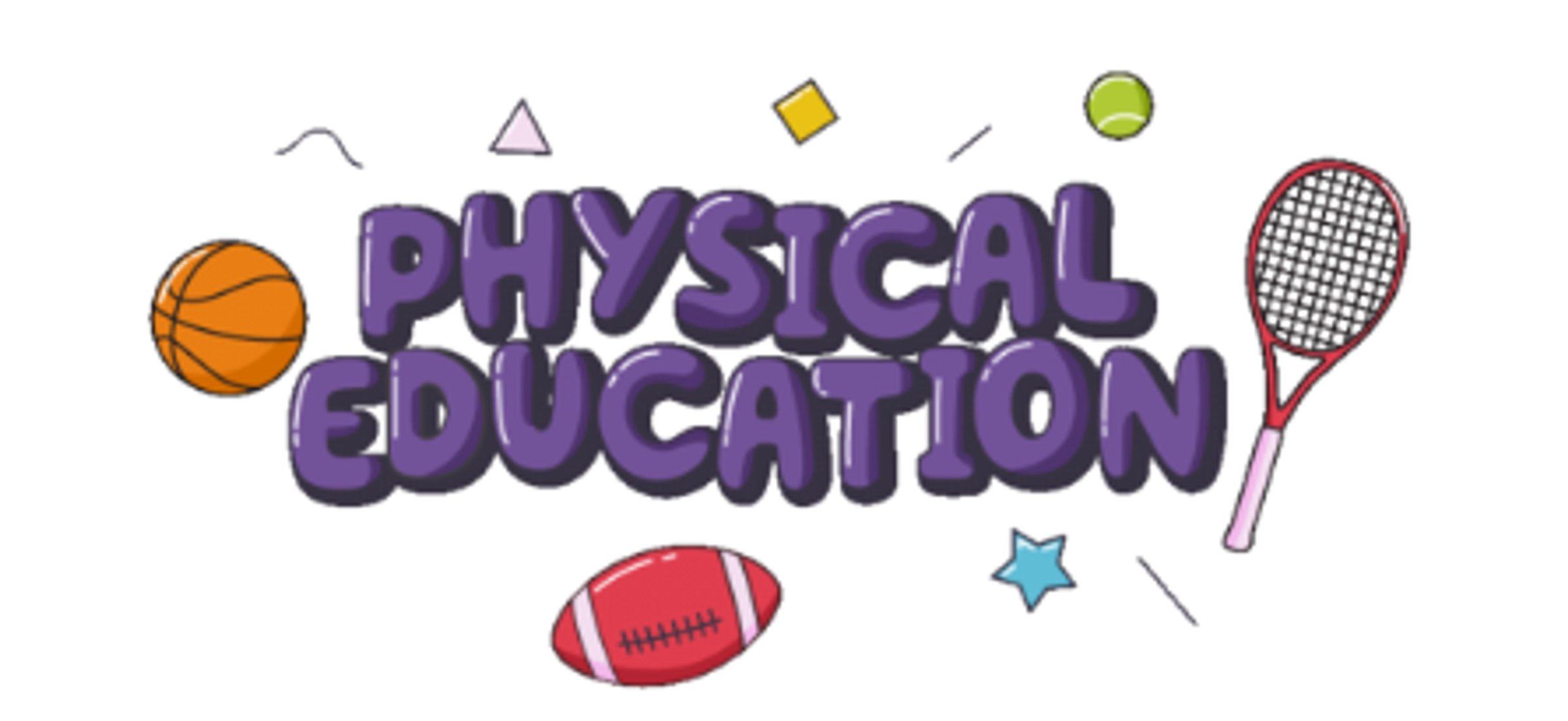Physical Education Term 4 Overivews

Prep
In term 4 our Prep students will be exploring the Fundamental Movement Skills of underarm throwingthrough a fun and engaging 5-week unit. Each lesson is designed to help children develop the ability tothrow an object underarm with control, use the correct technique including swinging their arm, steppingforward with the opposite foot, and aiming towards a target or partner. Students will then engage in a 5-week unit that continues to build their skills in catching, focusing on tracking a moving object with theireyes, positioning their hands safely and correctly, and using their bodies to absorb the force of the catch.These skills will be taught through imaginative games, playful challenges, and activity stations thatencourage participation, effort, and confidence for every child. Through these units, students will not onlystrengthen their physical coordination but also practise important social skills such as turn-taking,encouraging their peers, and reflecting on their personal progress all while having fun and staying active.
Year 1
In Term 4, Year 1 students focus on developing their Fundamental Movement Skills, with aparticular emphasis on dodging and leaping. These two skills are explored through targetedactivities and modified games that allow students to practise and refine their technique in funand engaging ways.
When learning to dodge, students work on quickly changing direction while maintaining balanceand spatial awareness. They practise using their eyes to track moving objects or players, bendingtheir knees, and shifting their body weight to move smoothly and safely around others. Dodgingis integrated into chasing games and team-based activities where students must avoiddefenders or move into open space.
For leaping, students learn how to take off from one foot and land on the opposite foot withcontrol and balance. They practise using arm swing and forward momentum to increase distanceand height, and focus on soft, stable landings. Leaping is incorporated into obstacle courses andmovement circuits where students leap over cones, lines, and low hurdles.
In addition to skill development, students apply these movements in simple game situations that promote safe movement, quick decision-making, and fair play. They also continue to build cooperation skills by taking turns, following instructions, and encouraging their classmates.
Year 2
In Term 4, Year 2 students continue to develop their Fundamental Movement Skills, with a focus on dodging and leaping. Students build on their previous learning by refining technique, improving control, and applying these skills with greater speed and accuracy in game situations.
When practising dodging, students work on changing direction quickly and effi ciently while maintaining balance and control. They learn to time their movements, anticipate opponents’ actions, and use a variety of body movements to avoid being tagged. Dodging is practised through a range of small-sided games and activities that challenge students to make quick decisions in changing environments.
For leaping, students extend their ability to leap over longer distances and higher objects with increased power and coordination. They focus on using a strong-arm swing, controlled take-off and landing, and correct footwork—taking off from one foot and landing on the opposite. Students apply leaping in obstacle courses and movement challenges that require them to link actions together smoothly.
These skills are incorporated into minor games and cooperative activities where students are encouraged to move safely, make tactical decisions, and demonstrate teamwork and fair play. They continue to strengthen their interpersonal skills by taking turns, sharing equipment, listening to others, and offering support and encouragement to peers
In Term 4, students also participate in a one-week intensive swimming program where they develop their confi dence in the water, practice basic stroke techniques and learn about water safety.
Year 3
This term, Year 3 students will take part in two 5-week units that include Target Games and Fitness. In the Target Games unit, students will practise aiming, throwing, rolling, and striking through fun and inclusive activities. They will begin exploring simple strategies like changing direction and force, while developing teamwork and cooperation during group challenges. The Fitness unit will help students build strength, stamina, balance, and coordination through energetic and age-appropriate activities. They’ll learn how exercise helps their body, set small goals, and refl ect on how physical activity makes them feel. By the end of the term, students will show growth in movement skills, fi tness, and their ability to work with others and reflect on their learning.
Year 4
This term students will engage in a 5-week unit on Target Games then a 5-week Fitness unit. In the Target Games unit, students will develop skills such as throwing, rolling, striking, and aiming, while learning to apply strategies like adjusting force and direction. They will work collaboratively to solve problems, make decisions, and improve accuracy and control in fun, inclusive game settings. Following this the Fitness unit will focus on building strength, endurance, flexibility, and coordination through a variety of engaging activities. Students will set personal goals, and learn about the benefi ts of regular physical activity for health and wellbeing. By the end of the term, students will demonstrate improved game skills, fitness, and the ability to refl ect on their performance and effort.
Year 5
This term in Physical Education, Year 5 students will be participating in a unit focused on Target Games and Fitness. Throughout the unit, students will explore a variety of activities that require precision, control and strategy, such as golf, bowling, bocce, and target throwing games. These activities help students understand how to adjust their force, aim and technique to improve accuracy and consistency. Alongside Target Games, students will also engage in a range of fitness challenges designed to develop endurance, strength, coordination and agility.
In line with the Level 6 Victorian Health and Physical Education Achievement Standards, students will be practising and applying specialised movement skills in a variety of situations. They will also learn to monitor their own performance, set personal fi tness goals, and explore how regular physical activity contributes to overall health and wellbeing. The unit will continue to use the Game Sense approach, where students learn through modifi ed games, problem-solving and refl ection to develop both skill and game understanding.
We look forward to a term where students continue to build persistence, teamwork and confi dence while learning to challenge themselves through movement and play.
Year 6
This term in Physical Education, Year 6 students will consolidate their learning through a unit on Target Games and Fitness, designed to extend their understanding of accuracy, control, and strategic thinking in movement. Students will take part in a variety of target-based challenges such as golf, bocce, and precision-throwing games, where they will analyse and refi ne their techniques to enhance consistency and performance. They will also explore how to adapt rules, scoring systems and equipment to create fair and inclusive versions of target games.
The fitness component of the unit will encourage students to take ownership of their physical development by setting personal goals, tracking progress, and understanding how different types of physical activity contribute to overall health and wellbeing. Students will explore concepts such as endurance, strength, fl exibility and recovery through a range of individual and team-based challenges.
Aligned with the Level 6 Victorian Health and Physical Education Achievement Standards, students will demonstrate leadership, apply feedback to refine performance, and use strategic and ethical decision-making during physical activities. The unit supports students in developing confi dence, resilience, and independence as they prepare for their transition to secondary school Physical Education. We look forward to an energetic and reflective final term as Year 6 students celebrate their growth and apply their skills in a range of movement contexts.

